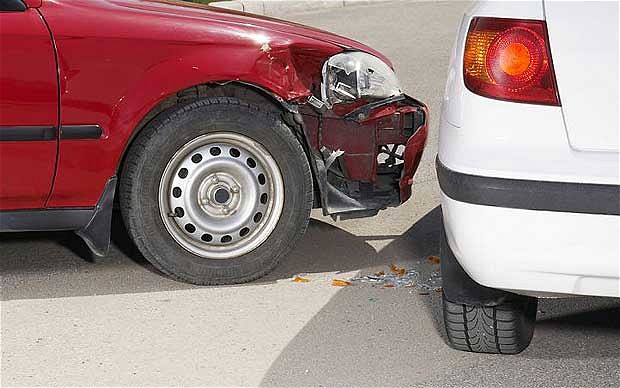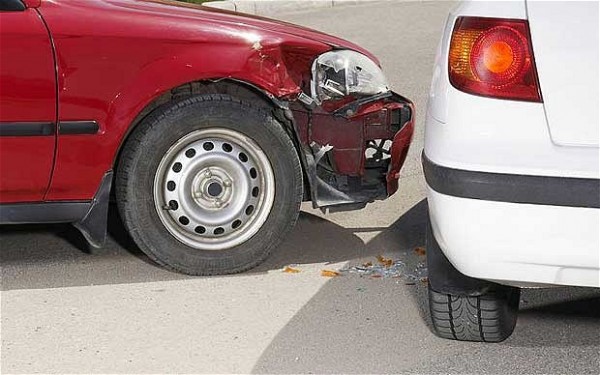Law
UK MOTOR ACCIDENT CLAIMS

Collisions involving motor vehicles account for far more incidents of personal injury in the UK than all other causes combined. The most common significant injury treated at hospitals throughout the land is whiplash injury. Car accident compensation claims run into hundreds of thousands every year with injuries ranging from cuts and bruises through to whiplash and fractures with catastrophic injury and fatalities being far from uncommon. There are approximately 10 deaths on our roads each and every day throughout the year. Whilst it is true that improved safety features adopted in motor vehicles including crumple zones, seat belts and airbags have reduced the overall numbers of car accident compensation claims for personal injury it is a sad fact that these gains have been almost counteracted by the increased performance that even the most frugal family car now offers.

Negligence Claims
The fact that you may have been injured in a road traffic collision as a motorcyclist, car driver, passenger, pedestrian or pedal cyclist does not mean that you are automatically entitle to receive compensation for any injury that you sustain. In order to successfully claim damages for loss you must prove, on the balance of probabilities, than another person, a third party, was at fault and that person caused the accident because they were negligent. Negligence can be a difficult concept however in the case of car accident compensation claims it is relatively straightforward. Negligence can be defined as doing, or failing to do that which a reasonable man would have done or not done. To prove a negligence claim it is necessary to demonstrate that the person at fault owed a duty of care to the injured person which is always the case in regards to car accident compensation claims as all road users owe each other the same duty of care whilst on the roads. It is then necessary to show that breach of the duty of care has caused damage and loss which includes personal injury and finally it must be proved that the loss sustained was a direct result of the accident and was a reasonably foreseeable consequence given the circumstances of the collision.
Compensation Awards
Damages awarded in car accident compensation claims is divided into two parts to assist in the calculation of the amount payable and any interest that may be applied to the final award :-
General Damages represents compensation for non-monetary aspects of a claim usually referred to as pain and suffering and loss of amenity. This aspect of damages cannot be calculated mathematically and must be assessed by a judge using his previous experience, reference to decided cases and guidelines provided by The Judicial Studies Board.
Special Damages represents compensation for losses that are quantifiable and can be calculated accurately. These monetary losses include damage to property, lost wages and general expenses. They are usually proved by reference to bills, invoices and estimates.
Claims Advice
The Law Society operates a number of specialist panels and only when a solicitor is admitted to membership of a panel is he entitled to be called a specialist. The relevant panel for motor vehicle collisions is the Personal Injury Panel and whilst almost all solicitors will accept instructions to represent a claimant in a personal injury case it is probably in the claimants best interests to seek out a solicitor who is entitled to be called a personal injury expert. Membership of the panel is not automatic and depends on the skill, knowledge and experience of the solicitor and the back up and expertise offered by his firm. For More Information Visit: Injury Compensation Claim Solicitors
-

 Tech11 years ago
Tech11 years agoCreating An e-Commerce Website
-

 Tech11 years ago
Tech11 years agoDesign Template Guidelines For Mobile Apps
-

 Business6 years ago
Business6 years agoWhat Is AdsSupply? A Comprehensive Review
-

 Business10 years ago
Business10 years agoThe Key Types Of Brochure Printing Services
-

 Tech8 years ago
Tech8 years agoWhen To Send Your Bulk Messages?
-

 Tech5 years ago
Tech5 years ago5 Link Building Strategies You Can Apply For Local SEO
-

 Law5 years ago
Law5 years agoHow Can A Divorce Lawyer Help You Get Through Divorce?
-

 Home Improvement6 years ago
Home Improvement6 years agoHоw tо Kеер Antѕ Out оf Yоur Kitсhеn









































